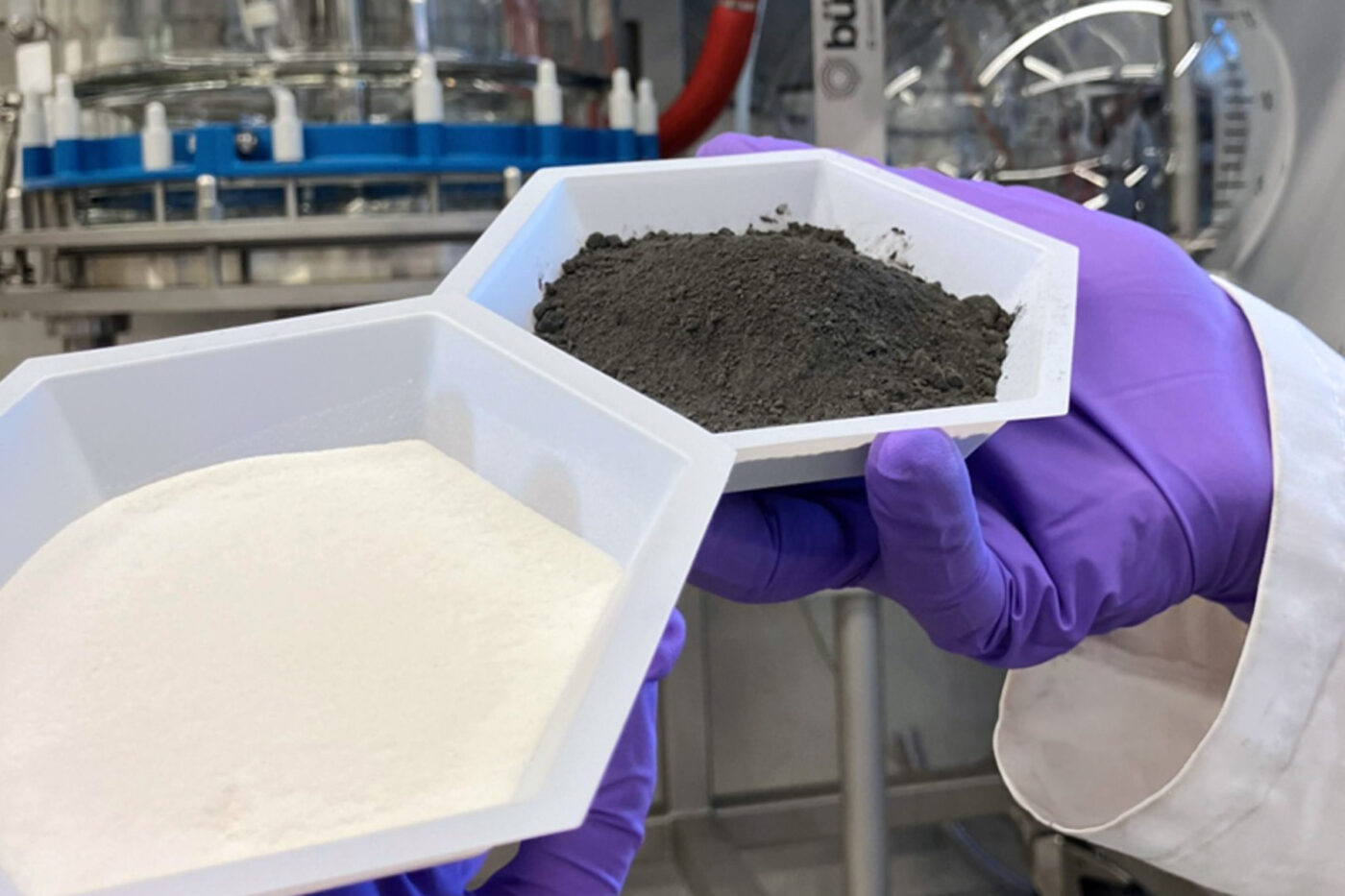El gobierno alemán financia la investigación de las baterías de iones de sodio
Con este fin, 21 socios nacionales de la ciencia y la industria están poniendo en común sus conocimientos, desde el desarrollo de materiales para baterías hasta la producción de pilas de gran formato, para permitir una rápida transferencia de los resultados de la investigación a aplicaciones prácticas, según ha anunciado el Fraunhofer IFAM.
No es ningún secreto por qué son interesantes las baterías de iones de sodio: A diferencia del litio, el sodio se considera una materia prima no crítica, está fácilmente disponible, es barato y se considera muy seguro. Sobre todo en lo que respecta a las cadenas de suministro, que en el caso del litio están dominadas en su mayoría por empresas asiáticas, las baterías de iones de sodio pueden desempeñar un papel importante para cubrir de forma sostenible las necesidades europeas de baterías y garantizar el suministro. Sin embargo, los primeros fabricantes chinos de baterías de iones de sodio ya están en el mercado.
El proyecto "SIB:DE FORSCHUNG" identificará materiales activos "que puedan producirse de forma escalable y ofrezcan un rendimiento competitivo de la célula". También desarrollará células de demostración que puedan integrarse, en la medida de lo posible, en los procesos de producción existentes para las baterías de iones de litio. "A pesar de tener propiedades eléctricas similares, el litio y el sodio no pueden sustituirse sin más", explica el Fraunhofer IFAM. "Las diferencias químicas entre estos elementos plantean actualmente problemas técnicos que provocan un envejecimiento más rápido de las baterías de sodio y merman su rendimiento".
SIB:DE está financiado por el Ministerio Federal Alemán de Educación e Investigación (BMBF). Según el Instituto Fraunhofer de Tecnología de Fabricación y Materiales Avanzados, la financiación total rondará los 14 millones de euros.
El consorcio del proyecto "SIB:DE FORSCHUNG" está formado por siete socios industriales y 14 socios académicos, así como por un círculo ampliado de, en la actualidad, 42 socios asociados de la ciencia y la industria. "Esto lo convierte en el mayor consorcio de Alemania sobre este tema. BASF coordina el proyecto global", afirma el comunicado de prensa. BASF coordina el proyecto global. "Sólo interrelacionando estrechamente los conocimientos de la ciencia y la industria se puede lograr una rápida transferencia de los resultados de la investigación al escalado industrial, así como una rápida penetración en el mercado de la tecnología de iones de sodio", escribe el Fraunhofer IFAM.
La división de tareas es sencilla: mientras los socios académicos trabajan en los temas de ciencia de materiales y tecnología celular, los socios industriales se centran en la ampliación de los materiales y los formatos celulares orientados a la industria. Al final del proyecto, en 2027, esto debería dar lugar a recomendaciones sobre la viabilidad de un proceso industrialmente viable. A continuación, el proyecto de seguimiento previsto "SIB:DE ENTWICKLUNG" utilizará estos resultados para llevar a cabo una investigación sobre la producción.





0 Comentarios